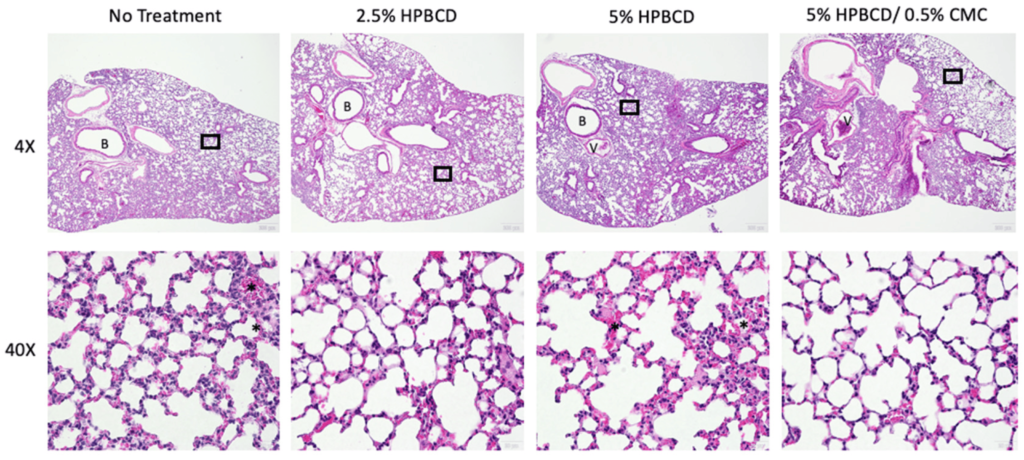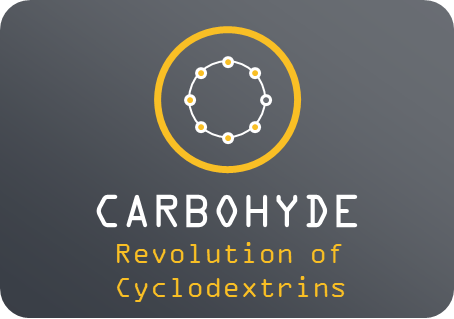Hydroxypropyl-Beta Cyclodextrin Barrier Prevents Respiratory Viral Infections: A Preclinical Study
Hydroxypropyl-Beta Cyclodextrin Barrier Prevents Respiratory Viral Infections: A Preclinical Study
In this work form University of Southern California blocking viral attachment and entry at the nasal airway using a cyclodextrin-based formulation is presented, so that a preventative therapy can be developed to reduce viral infection at the site of entry. After screening several CDs, hydroxypropyl beta-cyclodextrin (HPBCD) and hydroxypropyl gamma-cyclodextrin (HPGCD) were then further evaluated for antiviral effects using SARS-CoV-2 pseudotypes. Intranasal pre-treatment with HPBCD-based formulations reduced viral load and inflammatory signaling in the lung.
In vitro efficacy studies were further conducted using lentiviruses, murine hepatitis virus (MHV), and influenza A virus subtype H1N1. These findings suggest HPBCD may be used as an agnostic barrier against transmissible pathogens, including but not limited to SARS-CoV-2.

